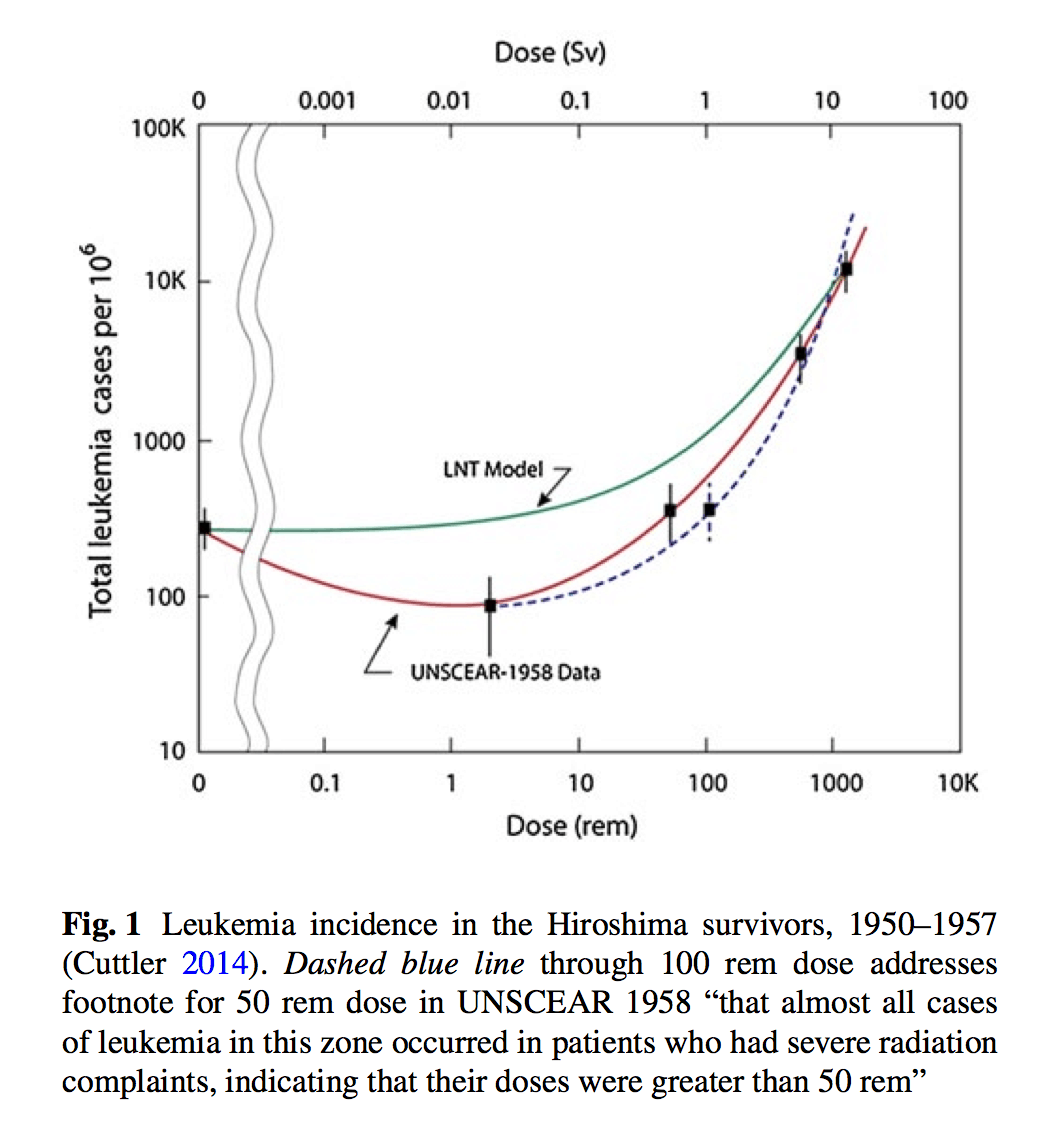Radiation, Pollution and Radiophobia
While researching answers to comments made on the Atomic Insights post titled Healthy doses of radiation, I found a book titled Nuclear Shadowboxing: Legacies and Challenges. It includes a fascinating appendix titled Radiation, Pollution and Radiophobia that should be required reading for people who are interested in understanding more about the health effects of low…


